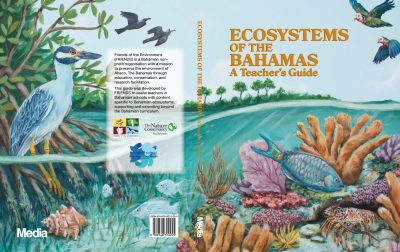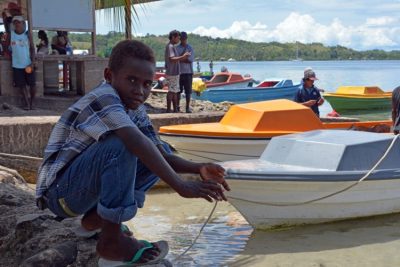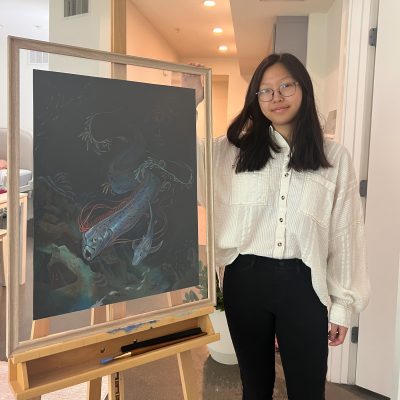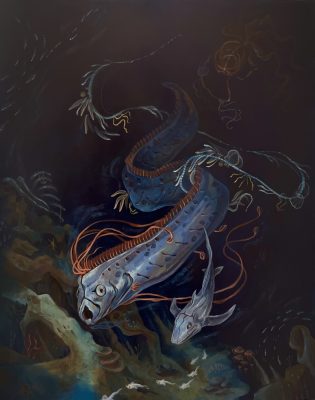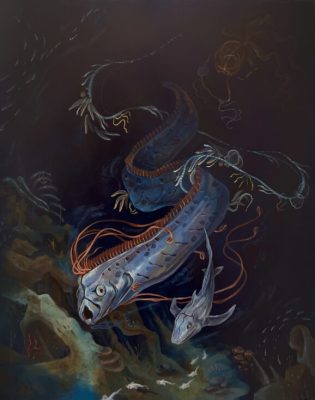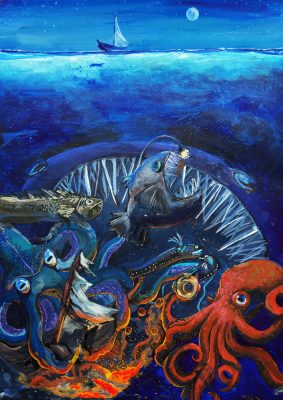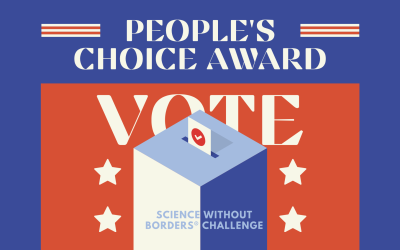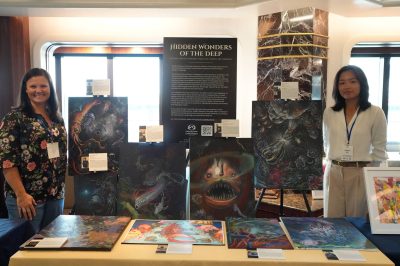
Hidden Wonders Revealed: Youth Art Exhibit Debuts on the Peace Boat
On Sunday, June 16, I had the incredible opportunity to represent the Khaled bin Sultan Living Oceans Foundation on the Peace Boat’s ship, the MV Pacific World, which docked in New York City to celebrate the United Nations World Oceans Day.


